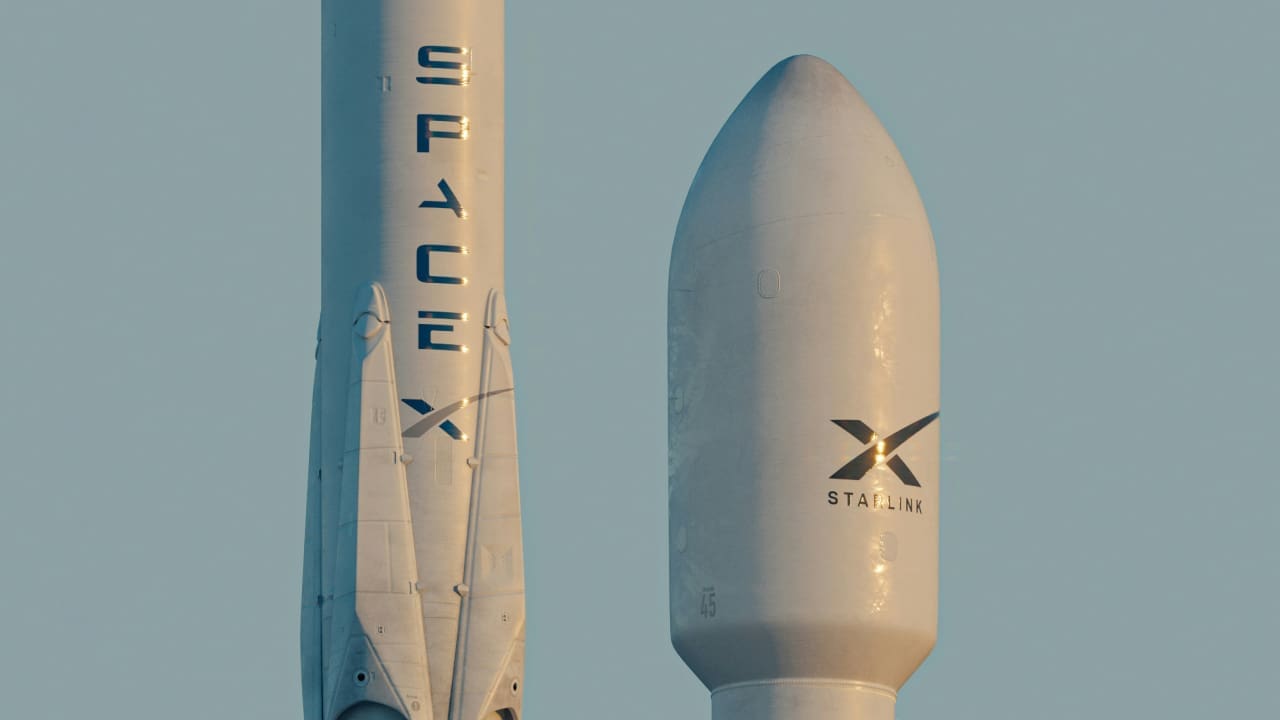- Starlink has added major price hikes for its Nigerian customers, with roaming now 234 percent more expensive, revealing implications for the company’s future in South Africa.
- It says the price hike is in response to inflation in Nigeria, despite the fact that similar price hikes were seen in Botswana.
- South Africans could be paying more than R14 729 for their first month of Starlink if the service ever launches locally, which it likely will.
Nearly two years after launching in Nigeria, satellite internet provider Starlink says it is doubling the price of subscription plans it offers there, despite the cost of living crisis gripping the West African country. A subsidiary of Elon Musk-owned SpaceX, Starlink says it is hiking the price so significantly because of rampant inflation gripping the nation.
“Due to excessive levels of inflation, the Starlink monthly service price will increase,” reads an announcement seen by Nigeria’s TechCabal.
Customers will begin paying the new rates for the standard residential and Starlink roaming plans from 31st October. The standard residential subscription will receive a 100 percent price increase, from $24 to $48 with the 1TB soft-cap still included.
Meanwhile, customers that use Starlink to roam – allowing them to use the kit outside their homes and workplaces in Nigeria – will see a nearly 234 percent price increase, from $30 to $100 per month. This is over R1 700 in South Africa.
The $100 per month cost for the roaming price in Nigeria now mirrors the pricing of Starlink roaming in Botswana, a close neighbour of South Africa.
Botswana does not have the same inflation problem facing Nigeria and in fact, TechZim reports that Starlink increased the roaming price in Botswana from $40 to $100 in August of this year, around the time it launched in the country.
Despite Starlink blaming inflation in Nigeria, this increase in pricing was worldwide and is likely to capitalise on the popularity of the service, having just hit 4 million customers in over 100 countries.
With Starlink’s reputation for being an internet service to the benefit of people in the world’s most rural, remote areas, we have to ask how are these prices to the benefit of people living in rural Africa?
Why Nigeria’s Starlink price is important for South Africa
The last we know of Starlink’s licensing processes to launch in South Africa is directly from Musk himself, saying that the company was “waiting for regulatory approval.” There are also reports that the Minister of Digital Technologies, Solly Malatsi, has met with Starlink officials to discuss the matter.
Waiting for regulatory approval
— Kekius Maximus (@elonmusk) September 8, 2024
With so many forces working to get Starlink to launch locally, the company will probably land sometime in 2025 after ICASA, the communications authority, adjusts regulations to see it happen.
South Africans will likely then see the same prices that our neighbours have to pay, namely around $50 or ~R864.91 for the standard residential plan and around $100 or ~R1 729.91 for the plan that allows for roaming, per month.
This is on top of having to pay for the Starlink kit, which MyBroadband has indicated will likely be around R12 000 or R13 000 for the standard kit, citing a local importer.
In total, your first month of Starlink roaming could cost you around R14 729 in South Africa, or R12 864 for the residential plan. While Starlink does offer faster speeds than local alternatives, like Vox’s recently launched wireless broadband option, it will not come cheap.
Not withstanding further price hikes as the service becomes even more popular globally.
This is also not taking into account the exact kind of Starlink services that will launch locally. TechCabal has maligned that Starlink is not offering a rental option for kits in Nigeria, unlike in Kenya. Nigeria also doesn’t have the option to purchase more affordable Starlink Mini kits.
The publication explains that these added incentives are likely a response to competition from Kenyan telecom giants like Safaricom, so this is actually good news for local Starlink hopefuls. The company may launch several different plans and kit ranges to compete against South Africa’s robust telecom space, leaps and bounds more competitive than that seen in Nigeria, Kenya, or even Botswana.
This may also mean Starlink comes to SA with cheaper prices. It all depends on how badly Starlink wants to woo South African customers.

